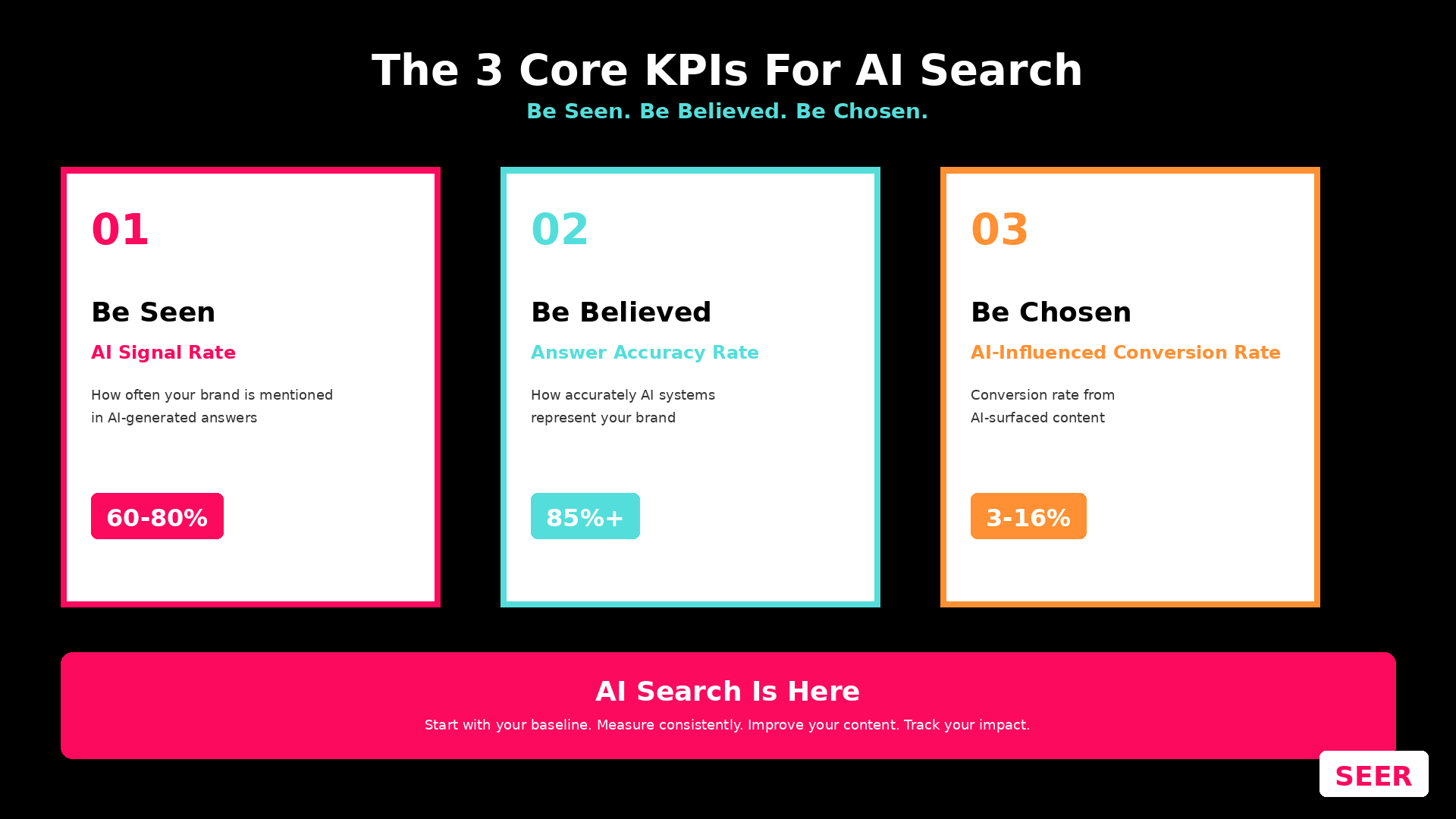As we begin 2022, the digital space is abuzz about Google Analytics 4 (GA4). With all the news around new features, changing measurement structures, and the details of everyday use of GA4 it can be difficult to see the forest through the trees.
That’s why we’re introducing the GA4 Industry Series where we will spotlight the unique ways GA4 can be leveraged for different industries. Today, we’ll be looking at healthcare industries.
Cross-Device User Journeys in GA4
Like most industries, the user journey takes place across several devices.
While it used to be that those digital journey’s typically ended up on the website, many healthcare providers are now moving into a more self-serve space providing mobile apps that allow users to book appointments, see test results, navigate their campuses and more. Additionally, a good digital experience is becoming critical in the decision criteria for patients.
According to a 2020 Accenture study, half of the healthcare consumers they surveyed agreed that a bad digital experience with a healthcare provider ruined their entire experience with that provider.
Not to mention that 26% strongly agreed or agreed that they would switch to a new healthcare provider for high-quality digital services.

Source: Re-Examining the Accenture 2020 Digital Health Consumer Survey
Clearly, having an optimized digital experience is critical to the future of patient care, and app data is a treasure trove of user experience information waiting to be collected. With GA4’s app + web data being collected in the same place due to the way GA4 collects data, analyzing this data together is finally possible.
But it doesn’t stop there, this can be supercharged using Google Signals technology, which uses data provided by the user if they are signed into their Google accounts and turned on Ad Personalization to stitch disparate sessions together, we can now get a better understanding of that digital journey.

For example, users might prefer to fill out patient intake forms on a desktop device prior to their appointments, but tend to schedule those appointments through the mobile app. This understanding could better inform how you encourage people to take desired actions.
Instead of pushing a reminder to complete the new patient packet prior to the appointment to a user’s mobile device in the evening, maybe you test sending them an email with a link to the forms during business hours where users are more likely to be on a desktop. This could help you increase the number of patients who fill out their paperwork prior to an appointment, reducing wait times for the patient and helping to make sure providers don’t run behind.

Marketing Campaigns Affect on User Journey
When we have a better understanding of the user journey, marketers also have a better understanding of their marketing campaigns performance. Healthcare marketing requires a combination of offline and online marketing tactics, which can be difficult to track and attribute back to user action.
GA4 makes this much easier not only through cross-device tracking, but also their machine learning technology.
Privacy Concerns
However, keeping all that data safe is critical to garnering patient trust. In 2019, 89% of healthcare customers trusted doctors and other providers to keep their data safe. That dropped 6% in 2020.
Additionally, trust in technology companies that provide digital health tools saw a decline, and half of survey participants said they did not trust tech companies to keep their digital health information secure.

Source: Re-Examining the Accenture 2020 Digital Health Consumer Survey
With Google’s new tools that allow analysts and Google Analytics managers to more easily remove accidentally collected Personally Identifiable Information (PII) data and stricter data collection criteria, it’s even easier to ensure your Google Analytics account remains compliant.
Healthcare is particularly (and rightfully!) sensitive to protecting patients privacy, and the machine learning technology provided in Google Analytics 4 allows us to protect patient privacy and respect users preferences about how they want their data handled, without sacrificing insights. If a user opts to not share any or parts of their data with your website or app, Google will be able to use the data that has been given to still provide an overall picture of the user journey.
Visibility into Online Patient Engagement
As mentioned above, more and more healthcare facilities are using mobile applications for everything from scheduling to sending test results to helping patients navigate their campuses. Understanding who is using your app and website together can help you make sure all your patients are being served, and GA4’s Pathing Exploration tool can help you dive into the nitty gritty of that overall experience!
The Pathing Exploration technique allows you to drill into specific events to see how your users are progressing through the events you’ve defined.
It even allows you to move from a starting point to the end of the journey, or start at the end point and move backwards!

It’s no secret that some older generations are uncomfortable with technology or that some people do not have reliable access to the internet or online devices.
In fact, a recent survey from the National Poll on Healthy Aging, found that only 28% of adults 50 - 80 said they used at least one mobile health app. Understanding this could greatly impact how a provider approaches the care of their patients.

Source: Mobile Health App Use Among Older Adults
For example, if you know that a large percentage of your patient pool over the age of 65 never downloads the mobile app, then maybe those are the patients you call to remind them about their appointments. Tailoring the way you engage with patients is critical to providing the best care.
Empower your Patients
One of the best things GA4 does for the healthcare industry is providing healthcare professionals with the data they need to continue investing in digital products that are providing value for their patients, and ultimately empower them to live better lives.
Digital products like apps and websites that allow users to schedule appointments or take at-risk assessments for certain diseases empowers patients to take their health into their own hands.
Providing test results that can be checked online not only reduces patient anxiety as the results typically come in sooner than their healthcare staff can call them, but also saves the healthcare staff's time and allows them to focus on providing better in-person healthcare and more enables them to do more for their patients in less time.
It’s critical that healthcare providers start encouraging patients to use the digital tools available to them. In the Accenture 2020 survey, 55% of consumers say “trusted health professionals” would motivate them to take a more active role in managing their health, but only 11% of survey participants said that their regular healthcare provider recommended digital tools to manage their health.
In Conclusion
All and all, switching to GA4 unlocks worlds of potential in terms of data for healthcare industries, giving them deeper insights into how patients engage with their products to areas of inefficiency where improvements that save the patient time, all while protecting patient privacy.
If you’re curious about how GA4 could help your business, we’d love to help. Drop us a line here!




